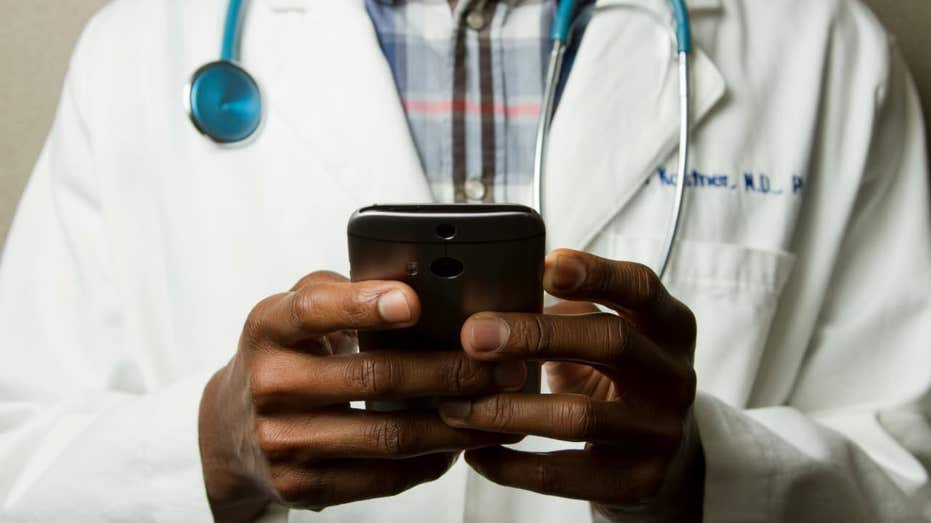Huge Healthcare Data Breach Exposes Sensitive Information of Over 1 Million Americans

The healthcare sector has increasingly become a target for cybercriminals, leading to significant concerns about data security. Recent attacks, such as the 2024 Ascension incident, have already caused major disruptions, and now there’s another alarming breach to report.
The Community Health Center, Inc. (CHC) Data Breach
Community Health Center, Inc. (CHC), a federally qualified health center based in Connecticut, has recently disclosed a serious data breach affecting over 1 million individuals across the United States. This breach comes on the heels of other high-profile incidents, such as the Change Healthcare breach, which initially affected an estimated 100 million people but later inflated to 190 million.
Discovery and Investigation of the Breach
On January 2, CHC detected unusual activity within its computer systems, prompting an internal investigation. This led to the confirmation that unauthorized access had occurred, allowing a skilled hacker to extract sensitive data without deleting or locking any information. While this could have been a more damaging ransomware attack, the fact that the data was merely accessed is a small relief.
Extent of the Compromised Data
According to a regulatory filing with the Maine Attorney General’s Office, the breach has affected precisely 1,060,936 individuals. The type of compromised information varies based on the individual’s relationship with CHC. For regular patients, the breached data may include:
– Full names
– Dates of birth
– Addresses
– Phone numbers
– Email addresses
– Medical diagnoses and treatment details
– Test results
– Social Security numbers
– Health insurance information
For individuals who received COVID-19 services from CHC, additional information such as race, ethnicity, vaccination details, and insurance specifics may also have been compromised.
Cybersecurity Measures and Response
CHC has not disclosed the specific methods through which the hackers gained access or whether adequate cybersecurity measures were in place at the time of the breach. However, CHC has reassured that their systems are now secure, even though the affected individuals remain vulnerable to potential cyberattacks.
To bolster their cybersecurity, CHC has implemented advanced monitoring software and enhanced system protections. Fortunately, there is currently no evidence that the compromised data has been misused.
Support for Affected Individuals
In response to the breach, CHC is providing free identity theft protection services for all patients and individuals who received COVID-19 services, especially those whose Social Security numbers were involved. They are also advising all patients to take proactive steps to safeguard their personal information.
Steps to Protect Your Personal Information
Given the sensitive nature of the exposed data, individuals are encouraged to take several precautionary measures:
1. **Limit Your Online Footprint:** Consider using reputable data removal services to reduce your exposure online. These services can help monitor and erase your personal information from various websites.
2. **Be Cautious with Mail Communications:** With addresses among the compromised data, stay alert for potential scams via postal mail. Always verify the authenticity of any letters claiming missed deliveries or security alerts.
3. **Be Wary of Phishing Attempts:** Cybercriminals may use your compromised email or phone number to execute phishing attacks. Always avoid clicking on suspicious links and ensure your devices have strong antivirus software installed.
4. **Monitor Financial Accounts Regularly:** Vigilantly check your bank and credit card statements for any unauthorized transactions and report them immediately.
5. **Recognize Social Security Scams:** If your Social Security number was compromised, be mindful of scams. Official communications typically come via mail, not unsolicited emails or phone calls.
6. **Consider Identity Theft Protection Services:** Utilizing these services can alert you if your personal information is being misused and may provide insurance against losses incurred from identity theft.
The Bigger Picture
Although the CHC breach may not rival the scale of the UnitedHealth attack, it nevertheless poses serious risks to the personal information of over a million individuals. Cybercriminals can exploit the stolen data for identity theft and other malicious activities. While CHC has taken steps to secure its systems, those affected must remain vigilant against potential threats.
Your Thoughts Matter
Do you believe that healthcare organizations are doing enough to protect sensitive data? Are government agencies effectively addressing cyber threats? Share your opinions and experiences through our contact page.
For ongoing tech tips and security alerts, subscribe to the CyberGuy Report Newsletter for the latest information on protecting yourself in the digital age.


